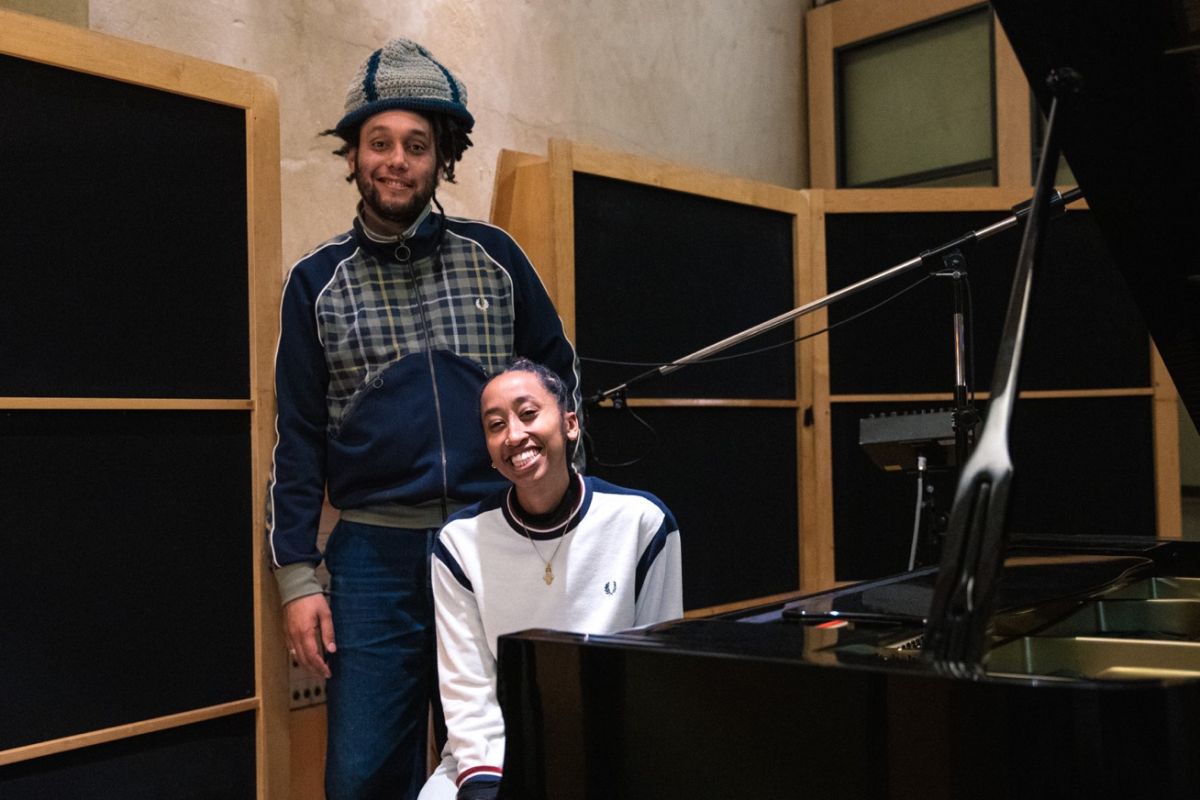In October 2020, we announced the Fred Perry x Nicholas Daley Music Grant, designed to help one unsigned musician hone their craft and get the support they needed to thrive. Now, for 2021 we go again, with Gilles Peterson, Bradley Zero, Tara Joshi, Nubya Garcia and Nilufer Yanya judging the entries.
“Music is the unifying force between our brands and plays a key role in each collaboration collection. That is why during a time when the music industry is under great threat we decided to pull together and offer the music grant to support the next generation of musicians here in the UK.” Nicholas Daley
Last year, the standard of talent was incredible, and we can’t wait to see what all the artists get up to in the future. Special mentions for the runners up – AMOS, Casey Tufnell, feeo and Wilfred.
Our winning singer/songwriter, aden received a two-day masterclass at legendary Metropolis Studios earlier this year, where they recorded a track with the help of industry experts. We caught up with aden to get a taster of what’s to come.










